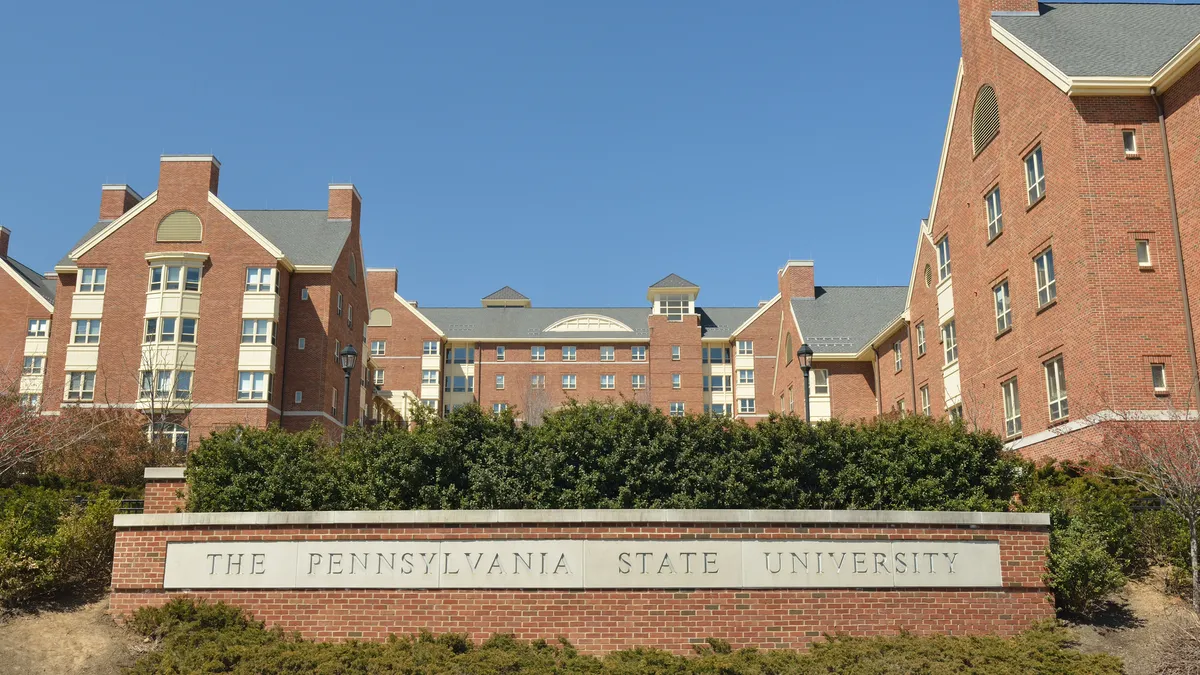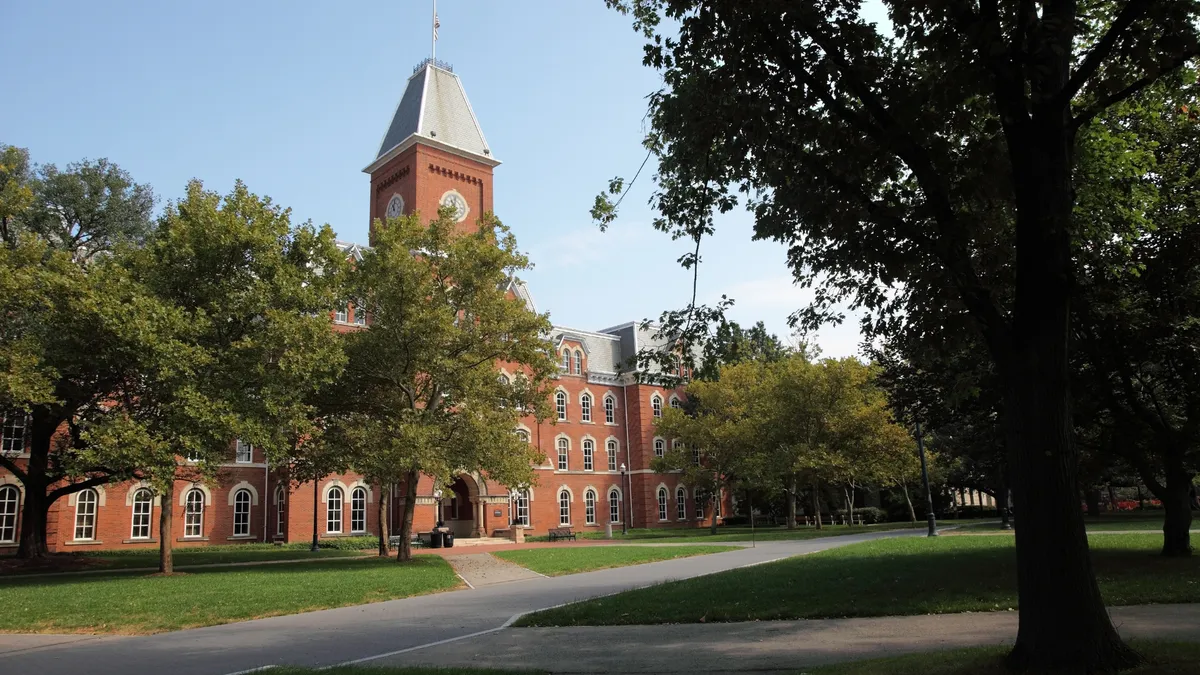Dive Brief:
- Johns Hopkins University's medical school will offer free tuition to students who come from families earning less than $300,000 a year following a $1 billion donation from Bloomberg Philanthropies.
- Almost two-thirds of the Maryland university’s current and incoming medical students will be immediately eligible this fall, Johns Hopkins said Monday. It will send updated financial aid packages to eligible students this summer.
- The university will also cover living expenses for medical students whose families earn $175,000 or less annually.
Dive Insight:
Michael Bloomberg, founder of Bloomberg Philanthropies, is an alumnus of Johns Hopkins with a history of charitable giving to the university.
The businessman and former mayor of New York gave $1.8 billion to Johns Hopkins in 2018 to create a need-based student aid fund for undergraduates.
Since then, the number of Johns Hopkins undergrads who come from low-income families or are first-generation college students has risen by 43%, the university said. These students now make up almost one-third of the university’s undergraduate student body.
"Extraordinary talent exists in every community across America, a fact borne out by the transformative impact of Mike Bloomberg's historic gift for financial aid to Hopkins undergraduates six years ago that dramatically expanded the breadth of experience and accomplishment of our student body," Johns Hopkins President Ron Daniels said in a statement Monday.
Removing financial barriers for students benefits not just the medical field but society as a whole, Daniels added.
Likewise, Bloomberg said, "By reducing the financial barriers to these essential fields, we can free more students to pursue careers they're passionate about — and enable them to serve more of the families and communities who need them the most."
Only 11.9% of U.S. families earned over $200,000 in 2022, according to federal data from the Census Bureau.
Bloomberg's latest donation will also expand financial aid for a handful of other graduate programs — including public health, nursing and international studies — to expand access to students from middle- and low-income families.
Johns Hopkins is not the first institution attempting to tackle the high cost of medical education and the barriers it creates.
New York University was at the forefront of the trend when it announced in 2018 that all of its medical students would receive full scholarships moving forward. It funded the program through a series of donations, including $100 million from Home Depot founder Ken Langone and his wife Elaine. The couple has since given even more, $200 million, to further expand the full-tuition scholarship program.
And Albert Einstein College of Medicine, in New York, will go entirely tuition-free this fall, thanks to a $1 billion donation in February from its board chair, Ruth Gottesman.















